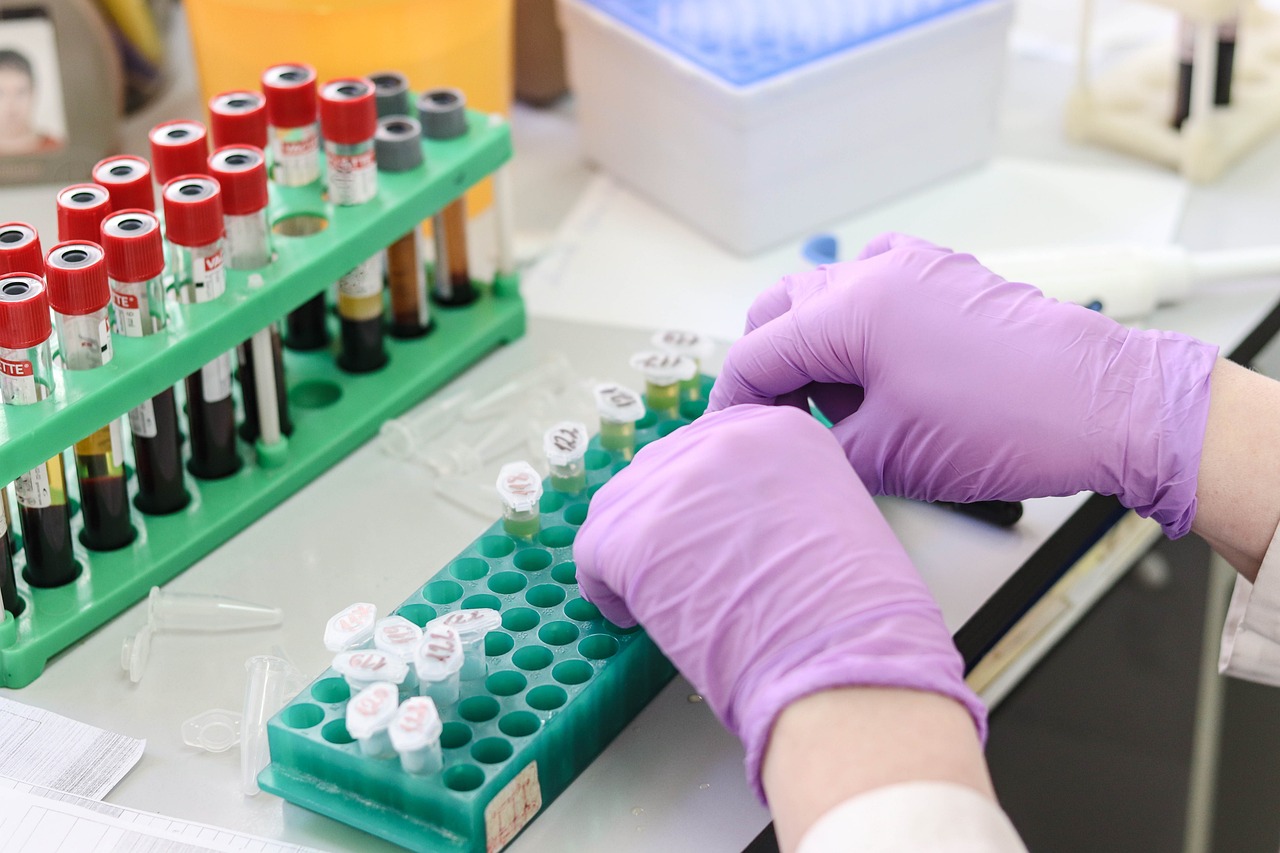Science/Tech
Speedy Blood Testing Could Save Lives in Stroke Emergencies

blood testing | (Photo : Image by Tatiana from Pixabay)
When it comes to strokes, every moment counts, as neurons start deteriorating within minutes, emphasizing the critical importance of timely intervention. Interestingly, a pioneering blood test developed by experts at Brigham and Women's Hospital in Boston appears to expedite the identification of stroke types, particularly the highly perilous large vessel occlusion (LVO) strokes.
The experimental test, detailed in a recent study, boasts high accuracy in discerning whether a patient has suffered an LVO stroke. Once confirmed, physicians can swiftly deploy mechanical thrombectomy, a surgical procedure to extract the obstructive clot from major brain arteries, potentially preventing irreversible brain damage or death.
Dr. Joshua Bernstock, senior study author and clinical fellow in neurosurgery at Brigham and Women's Hospital, noted the transformative impact of this technology.
"Mechanical thrombectomy has allowed people that otherwise would have died or become significantly disabled be completely restored, as if their stroke never happened," Dr. Bernstock explained, U.S. News reported.
The blood test analyzes specific proteins, including glial fibrillary acidic protein (GFAP) and D-dimer, associated with brain bleeds and clot formation, respectively. By integrating these biomarkers with the FAST-ED score-a field assessment tool for stroke triage-the test can rapidly diagnose LVO strokes with impressive precision, as demonstrated in a study involving 323 stroke patients treated in Florida between 2021 and 2022.
Results revealed a 93% specificity and an 81% sensitivity in detecting LVO strokes within six hours of symptom onset, highlighting the test's accuracy in distinguishing between LVO strokes and other stroke types or conditions.
Moreover, the researchers envision broader applications for the test, including identifying brain bleeds and facilitating timely intervention, particularly in resource-limited settings where advanced imaging technologies are scarce.
Published in the journal Stroke: Vascular and Interventional Neurology, these findings herald a potential paradigm shift in stroke care, offering a practical and accessible tool to ensure timely access to life-saving interventions.
Dr. Bernstock and his team are now exploring the test's efficacy in pre-hospital settings, aiming to streamline stroke management and improve patient outcomes worldwide.
"The sooner a patient is put on the right care pathway, the better they are going to do," Bernstock said. "Whether that means ruling out bleeds or ruling in something that needs an intervention, being able to do this in a pre-hospital setting with the technology that we built is going to be truly transformative."








Join the Conversation